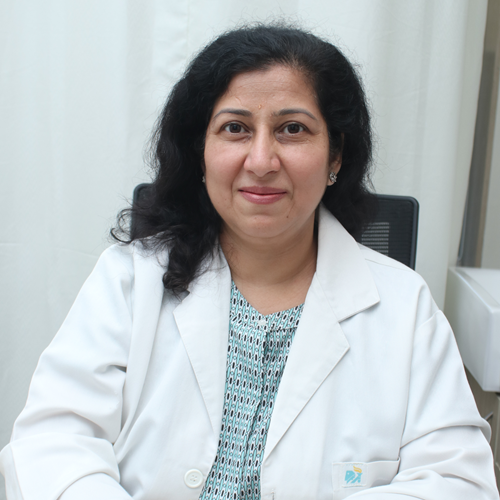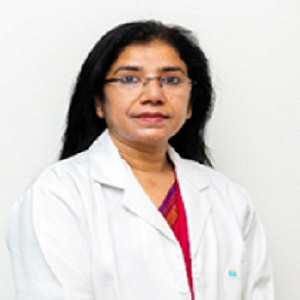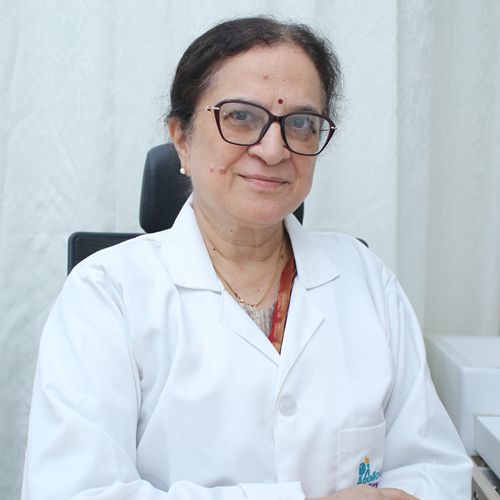Polycystic ovary syndrome (PCOS) is one of women's most common endocrine disorders. It is a condition that affects the hormones, metabolism, and reproductive systems and can manifest in various symptoms. PCOS is associated with infertility, metabolic syndrome, type 2 diabetes, depression, cardiovascular disease, and an increased risk for cancer. Females with PCOS often experience irregular menstrual cycles and difficulty conceiving a child. Treatment focuses on managing individual symptoms and improving quality of life.
What is polycystic ovary syndrome?
Polycystic ovary syndrome (PCOS) is an endocrine disorder that affects females of reproductive age. It is characterized by high levels of androgens (male hormones) in the body, irregular menstrual cycles, and cysts on the ovaries. Symptoms include infertility, weight gain, hirsutism (excessive hair growth), acne, and oily skin. Other symptoms include depression, anxiety, sleep apnea, insulin resistance, and type 2 diabetes. A diagnosis is made through a physical exam and blood tests to measure hormone levels. Treatment includes lifestyle changes such as diet modification and exercise, as well as medications like birth control pills or other hormonal therapies to regulate hormones.
What are the Different Types of Polycystic Ovarian Syndrome?
There are four main types of PCOS: classic PCOS, ovulatory PCOS, non-classic PCOS, and mild PCOS. Classic PCOS is the most common type, characterized by high levels of male hormones, irregular or absent menstrual cycles, and numerous small cysts on the ovaries. The ovulatory type is marked by irregular menstrual cycles but without the other symptoms of classic PCOS. Non-classic PCOS is similar to classic in its presentation of cysts but with no elevated hormone levels. Mild PCOS can present with symptoms similar to those of classic or non-classic PCOS but at a much lower level.
What are the causes of polycystic ovary syndrome?
PCOS is caused by a hormonal imbalance, specifically an excess of androgens, or male hormones. It can be caused by genetics, insulin resistance, inflammation, and other unknown factors. Genetics plays a role because certain genes have been linked to an increased risk of developing PCOS. Insulin resistance is when the body cannot use insulin effectively, which can lead to higher levels of androgens. Inflammation may also be involved in developing PCOS by disrupting hormone production. Lastly, it is believed that faulty communication between the brain and ovaries may cause some cases of PCOS.
When Should You See a Doctor for Polycystic Ovary Syndrome?
It is important to consult a doctor if you are experiencing any symptoms associated with PCOS, such as irregular periods, acne, excessive facial and body hair growth, or infertility. See a doctor if you are concerned about these symptoms or if they are interfering with your life. A doctor can diagnose PCOS based on physical signs and symptoms and blood tests to measure hormone levels. If left untreated, PCOS can lead to serious health risks, including type 2 diabetes and heart disease. An early diagnosis and treatment can help reduce the risk of long-term complications.
Conclusion
Polycystic ovary syndrome (PCOS) is a condition that affects women's hormone levels and can cause irregular menstrual cycles, infertility, and other health conditions. The diagnosis of PCOS involves a physical exam, blood tests to measure hormone levels, and an ultrasound to view the ovaries. Treatment options vary depending on the case but may include lifestyle changes like diet and exercise, birth control pills or insulin-sensitizing drugs, or fertility treatments if desired. With proper diagnosis and treatment, females with PCOS can often successfully manage their symptoms. It is important for anyone who believes they may have PCOS to speak with their doctor about their symptoms for an accurate diagnosis and personalized treatment plan.
Request an appointment at Apollo Cradle, DELHI-NCR - Chirag Enclave. Call 1860-500-4424 to book an appointment.
Common symptoms of PCOS include irregular menstrual periods, acne, excess facial and body hair, weight gain, and difficulty getting pregnant.
Women who have a family history of diabetes or obesity are at greater risk of developing PCOS. Additionally, women with high levels of insulin or testosterone may also be more likely to develop PCOS.
PCOS is typically diagnosed through a physical exam and blood tests to measure hormone levels. An ultrasound may also be used to detect the presence of ovarian cysts.
Treatments vary depending on the individual's symptoms but may include lifestyle changes such as diet and exercise, medications to regulate hormones or fertility treatments.

 95% Patient Satisfaction Score
95% Patient Satisfaction Score




.webp)




.webp)











